Making Customers Aware of Your Presence
Researching this article, right off the bat it was pretty evident that many businesses around here (and I suspect most places) are slow to adopt social media marketing practices for their businesses. And if they are adopting them, there are some key elements missing. For example, many of the businesses I found on Twitter (through TwellowHood - a great way to find Twitterers by geographic location),i did not find any for my country Bosniaor they do not have any indication of their social media presences on their sites. If they do, they are not clearly visible. One thing to keep in mind is that people still go to company websites, so if you are looking for any kind of following or customer engagement via social media, it helps if they know where to go. I will use some towns like an example here.
One site that does do this well, however is a local radio station WUKY, which airs NPR broadcasts. You will find a section on the site's homepage that looks like this:

The size of this section might be a little overkill for some web designs, but it clearly points to where it wants you to go, and that is the main purpose. Basically what you want to take away from this is that they are prominently listing the social networks with which customers/fans can interact with them, and they do so by using recognizable logos that stand out. Someone going to this page wondering if they can follow WUKY on Twitter or if the station has a Facebook page has their answers quickly when they notice the familiar logos.
You can still make your social presence clear without logos. For example, Liquor Barn a chain with locations throughout the state, has a simple link to its Twitter page, but it is listed within the site's main navigation column, just under a link to the company blog.
How Businesses are Using Twitter
The greatest thing about Twitter as a marketing tool is that it is 100% opt-in, and your messages are clearly targeted toward interested parties. For example, when I choose to follow Liquor Barn's tweets, it's because I am interested in what promotions, new items, etc. the stores are offering.

Let's not forget about the human element, which applies not only to Twitter, but to social networks in general. This is what social media marketing enthusiasts have been saying for quite some time, but conversation and participation is very important. People like businesses when they feel like they know the people behind them. Talk about real stuff from time to time.

One way businesses can incorporate the human element into their Twitter lives is to organize or simply attend "Tweetups." This is where you get together with fellow Twitterers and meet in person. While I have personally never participated in one, I hear some of them turn into pretty fun parties. A local photographer Shaun Ring talks about attending a recent Tweetup
on his blog. " I’ve been to my fair share of social events, but this might just have felt the most natural. Authentic. Relevant," he says. "If you’re not on Twitter yet, you might want to give it a shot. I met a ton of cool like-minded people tonight that I wouldn’t have met otherwise using Facebook (which I still love, btw)."
How Businesses are Using Facebook
Businesses have a variety of options when it comes to Facebook. There is much more breathing room for content than with the 140 character limit of a Tweet. If you set up a business page you can include photos, videos event listings, etc. A local Holiday Inn Express shows product photos as well as photos of the actual location:

A video section would be nice as another local business - Zoombug Photos, includes (although having more than one video could make it more interesting):

Lexington KY Punk and Hardcore Shows has event listings (again, more than one would be more useful, but you get the idea):

Businesses don't necessarily have to rely on business pages though. Papa John's Lexington for example has a regular Facebook profile. The profile is not great for customers looking for location/contact info, but it has 329 friends, so perhaps there is something to be said for that. That's not too shabby for just the Lexington-based incarnation of a national Pizza chain. Using the regular profile, again injects some of that human element.
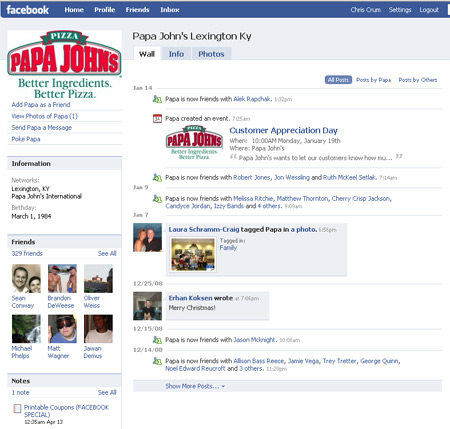
For a more in-depth case study at how one local business has benefited simply from Facebook discussion, check out Jason Miller’s article on Al’s Bar .
How Businesses are Using YouTube
 When it comes to using video in social media, the most obvious choice is YouTube. One aspect of this that is not mentioned enough is the inclusion of the "add to iGoogle" button on YouTube Channels. How many people do you think have iGoogle set as their homepage? I don't have a number for you, but I can pretty much guarantee that it is a lot. If you set up a YouTube channel for your business, that feature alone can open up the opportunity for you to get your videos right on customers' homepages - the first page they see when they open their browser.
When it comes to using video in social media, the most obvious choice is YouTube. One aspect of this that is not mentioned enough is the inclusion of the "add to iGoogle" button on YouTube Channels. How many people do you think have iGoogle set as their homepage? I don't have a number for you, but I can pretty much guarantee that it is a lot. If you set up a YouTube channel for your business, that feature alone can open up the opportunity for you to get your videos right on customers' homepages - the first page they see when they open their browser.
I'm not going to get into all of the possibilities for what to include in your videos, but the local Ronald McDonald House has a good idea with a "YouTube Testimonials" link on its homepage, linking to its YouTube channel.

By All Means, Don't Stop With These
The options are certainly not limited to the social networks discussed in this article. These are some of the most popular ones, and I think you can use ideas touched upon here and integrate them with other networks. I will however also mention MySpace, because despite the media's love affair with the above-mentioned services, there are still a lot of people using MySpace.Its features like bulletins and blogs can be great for keeping interested customers up to date. Please feel free to discuss ways to use any of the networks mentioned in this article, or others that were not mentioned, to enhance your marketing efforts.




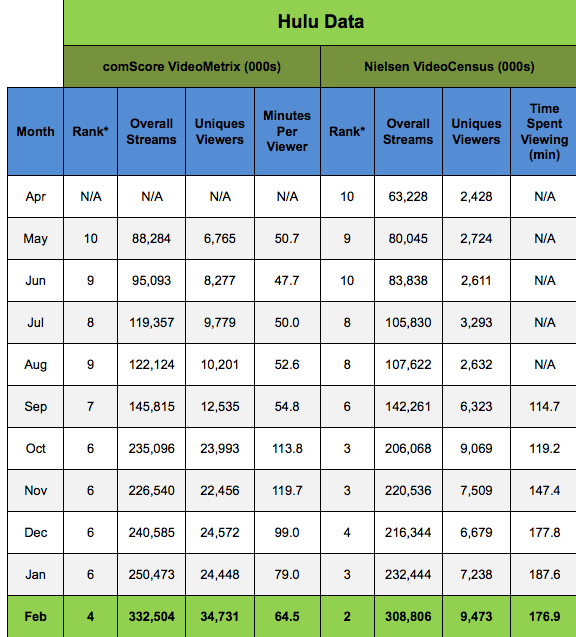







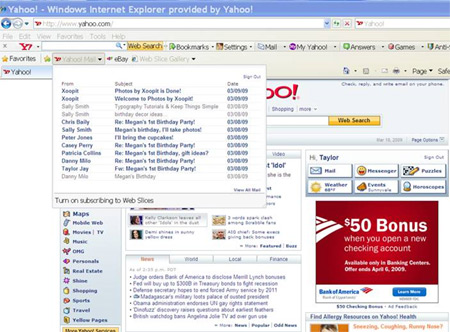



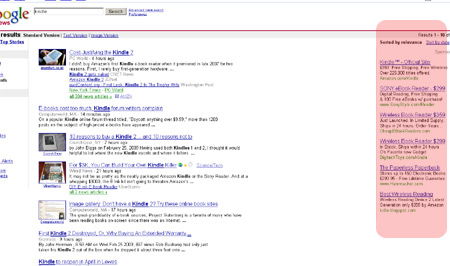



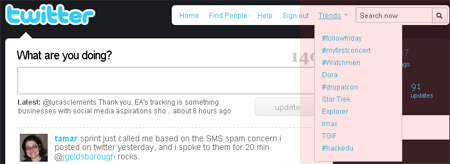






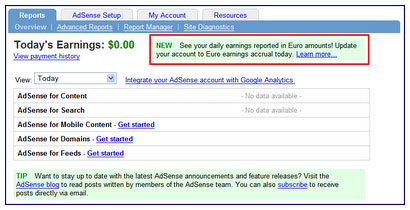







 When it comes to using video in social media, the most obvious choice is YouTube. One aspect of this that is not mentioned enough is the inclusion of the "add to iGoogle" button on YouTube Channels. How many people do you think have iGoogle set as their homepage? I don't have a number for you, but I can pretty much guarantee that it is a lot. If you set up a YouTube channel for your business, that feature alone can open up the opportunity for you to get your videos right on customers' homepages - the first page they see when they open their browser.
When it comes to using video in social media, the most obvious choice is YouTube. One aspect of this that is not mentioned enough is the inclusion of the "add to iGoogle" button on YouTube Channels. How many people do you think have iGoogle set as their homepage? I don't have a number for you, but I can pretty much guarantee that it is a lot. If you set up a YouTube channel for your business, that feature alone can open up the opportunity for you to get your videos right on customers' homepages - the first page they see when they open their browser.













